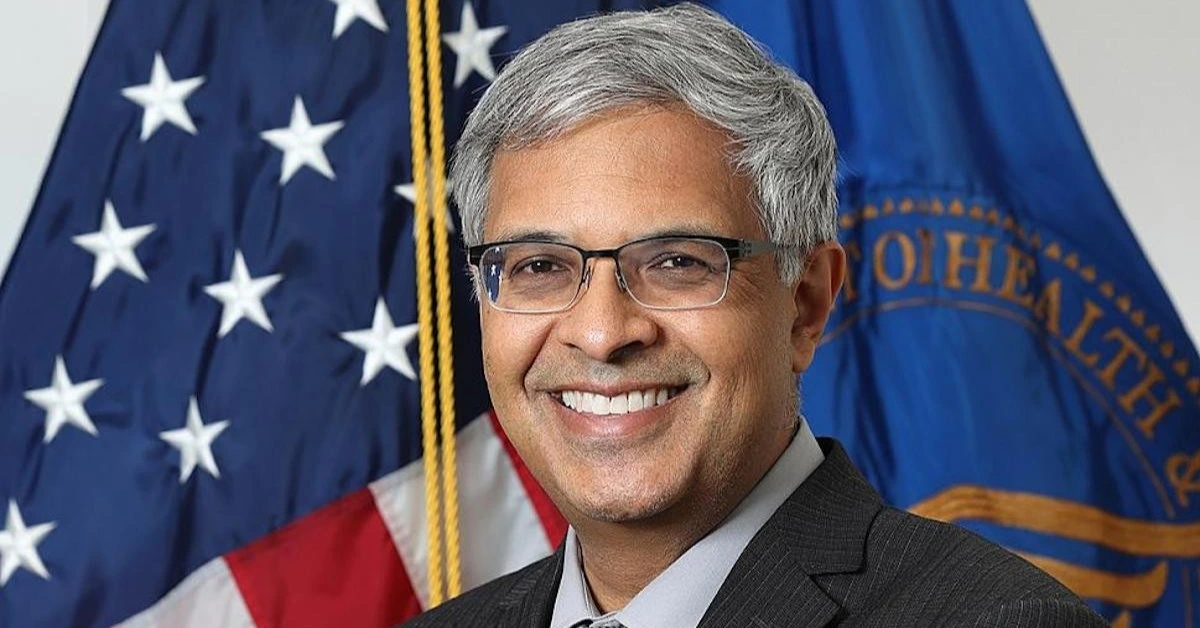
USA – The National Institutes of Health (NIH) has announced it will eliminate all foreign subawards by October—a decision expected to sever billions of dollars in funding to research institutions and hospitals outside the United States.
This sweeping policy shift, revealed in a new NIH directive, signals a significant retreat from international research cooperation by the world’s largest biomedical funder.
Foreign subawards, which allow U.S. researchers to channel funding to international collaborators, have typically amounted to around US $500 million annually.
NIH Director Jay Bhattacharya defended the change, citing growing concerns over tracking and oversight, which he said had eroded trust and threatened the integrity of U.S. biomedical research.
The announcement has sparked sharp backlash from the scientific community, which warns that the decision disregards the collaborative nature of science and jeopardizes thousands of ongoing studies—many of them vital to global health, including clinical trials focused on infectious diseases like malaria and tuberculosis.
Critics argue that the policy is a blunt-force approach that could stall lifesaving research, especially in low-income countries that depend on NIH funding.
While Bhattacharya has promised a new grant framework to facilitate “productive collaborations” with foreign institutions, no concrete details have been provided.
For now, projects reliant on subawards face termination. The implications for overseas clinical trial sites backed by NIH funding remain uncertain.
This decision follows a March report by the Government Accountability Office (GAO), which identified management shortcomings in about one-third of more than 3,600 subawards reviewed.
However, the GAO stopped short of recommending a full ban, instead calling for enhanced oversight mechanisms.
The policy shift appears to align with the Trump administration’s broader efforts to scale back international engagement, including the dismantling of USAID and withdrawal from the World Health Organization.
Republican Senator Susan Collins recently criticized these strategies, warning they threaten to erode America’s leadership in science and global health.
Former NIH Director Francis Collins echoed those concerns, calling the decision a “tragic” one with potentially deadly consequences for vulnerable populations.
“More children and adults in low-income countries will now lose their lives because of research that didn’t get done,” he told Nature.
One senior NIH staffer, speaking anonymously, suggested the agency may be leveraging this policy shift to end overseas research funding without needing congressional approval.
XRP HEALTHCARE L.L.C | License Number: 2312867.01 | Dubai | © Copyright 2025 | All Rights Reserved